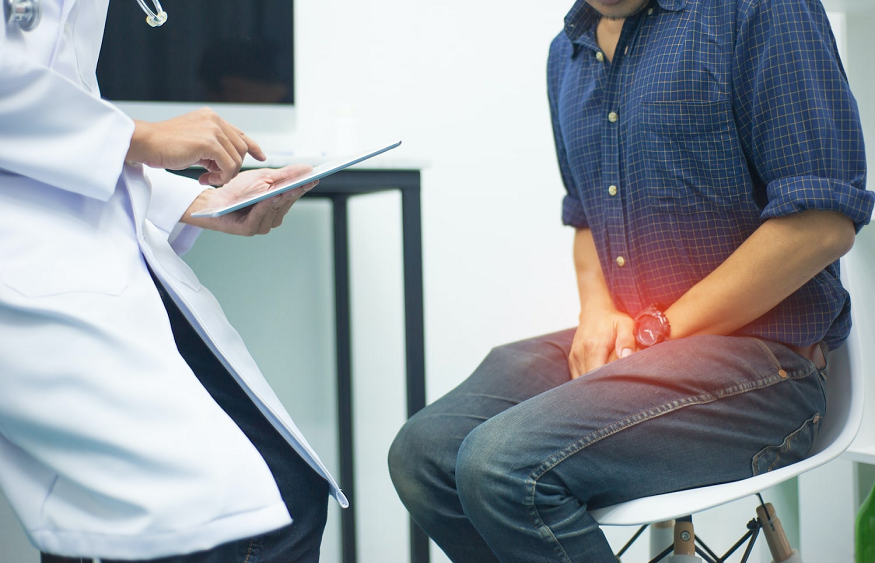Signs of Enlarged Prostate and When to See a Doctor
With age, a man may notice they have trouble urinating. It could be not easy to urinate, or the urine stream starts and stops. These symptoms are associated with benign prostatic hyperplasia or BPH. It is also called enlarged prostate. The prostate gland develops during puberty and becomes more significant in men by the age of 25. It is common for most men to have an enlarged prostate or BPH. While most men may experience prostate issues, the good news is that such issues do not indicate severe conditions like cancer. However, BHP can cause inconveniences. Therefore, if you are a man experiencing prostate issues, it is advisable to see an urologist Boise. The following are signs of an enlarged prostate and other vital things you should know.
Signs of Enlarged Prostate

Nocturia
Midnight runs to the bathroom and starts innocently. After all, a few visits to the toilet are normal. However, these trips become frequent over time, making it challenging to bear in meetings, car rides, or other instances that require staying for long without the need to urinate.
Blood in Urine
You may also notice blood in the urine. It could mean there is another underlying condition, like an infection or the possibility of cancer.
Problem Urinating
The prostate gland surrounds the urethra. When this gland enlarges, it causes difficulty urinating, and sometimes it can be painful. This urinary hesitancy happens when the stream begins slowly until it gets consistent. Therefore, if you have a weak urine flow, it could be a sign of an enlarged prostate.
Frequent UTIs
When the bladder does not release all the urine, it is at risk of developing chronic UTIs. While UTI is common in women, it also occurs in men with an enlarged prostate. That is because the bacteria in the urine is not carried away. You can also experience a burning sensation, cloudy urine, or chills.
Tests and Examinations
When you see a health provider, the professional will confirm your medical history. You will also need an examination and various tests to know the cause and find the proper treatment. For instance, the doctor will need to check the urine flow rate. They will also conduct post-void residual urine tests to know the amount of urine in the bladder after urination.
The urologist will also conduct a urinalysis and urine culture to check for infection or blood. Cystoscopy and prostate-specific antigen blood test is also important to screen for prostate cancer. Additionally, blood urea nitrogen (BUN) and creatinine tests are also conducted to check kidney function.
Treatment
The treatment you get depends on the severity of the symptoms and how much they bother you. It is essential to be open with your provider so they can account for other medical issues you might have. Treatment includes lifestyle changes, surgery, medicine, and watchful waiting. If you have BPH, it is crucial to get frequent assessments to monitor symptoms and see if the treatment is working.
Urinate in the first urge and avoid excess caffeine and alcohol. It is also advisable to avoid taking a lot of fluids at once. Instead, spread the intake throughout the day.
To Recap
Suppose you experience the above signs of an enlarged prostate or have other concerns. In that case, it is essential to see a urologist or request an appointment. Enlarged prostates are common and easy to treat. See a doctor for a checkup, and don’t suffer in silenc
